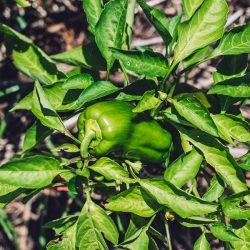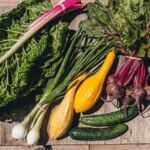Harvesting Amaranth and Winter Squashes
With summer swiftly on its way, planting for the next few months will focus solely on crops that can withstand the heat. That means planting successions of varietals like eggplant, okra, long beans, bitter melon, luffa, and summer greens. Unlike the familiar kale and collard greens, summer greens can tolerate the heat without incurring that bitter taste or immediately bolting. Here are some of the summer greens we’ll be growing this year: roselle, Molokhia (pictured above), Malabar spinach, and amaranth, which you can read more about below!
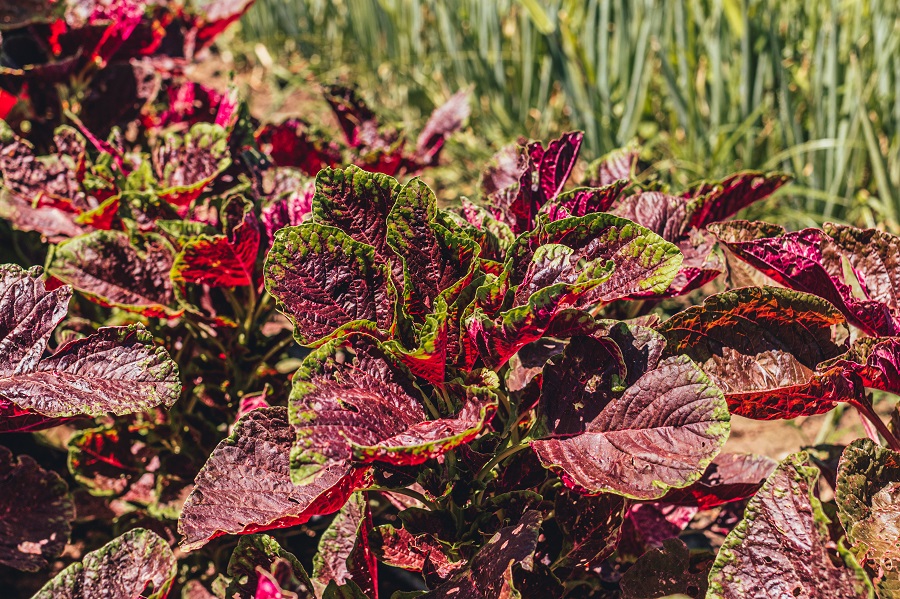
We’ll be harvesting amaranth leaves this week, the first of our summer greens! We’re growing two different varieties, one with green leaves with tinges of maroon in the center and one with burgundy leaves edged with green. Amaranth is a delicious summer alternative to spinach that cooks up quickly and retains its beautiful colors once cooked. You can use it just as you would spinach or kale, substituting it into your favorite recipes. Here’s a quick and flavorful recipe for an amaranth leaf stir-fry.
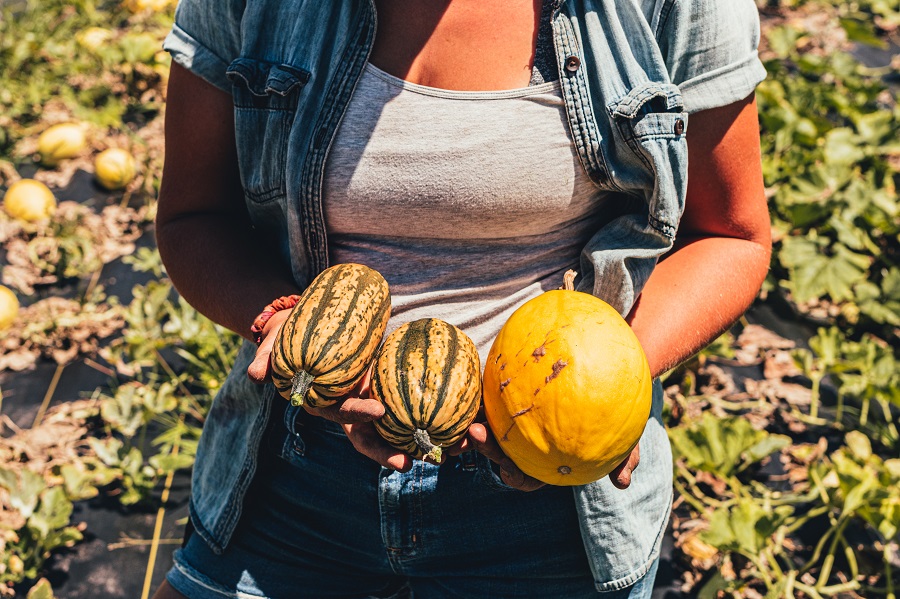
In addition to amaranth, we’re harvesting the first of our winter squashes this week! We have two different varieties for you: spaghetti and delicata. Spaghetti squash is oblong and yellow and gets its name from the fact that once its flesh is cooked, it becomes stringy like noodles. The best way to enjoy it is to cut it in half lengthwise, then roast the halves cut-side down until tender. Once cooked you can scrape the flesh out with a fork. Delicata is golden yellow with longitudinal green stripes. Since the skin is thin, there’s no need to peel it before cooking. Simply eat the skin with the flesh! Since both of these are storage squashes, you don’t need to eat them right away. They can be stored in a cool, dark place for up to 2-3 months.
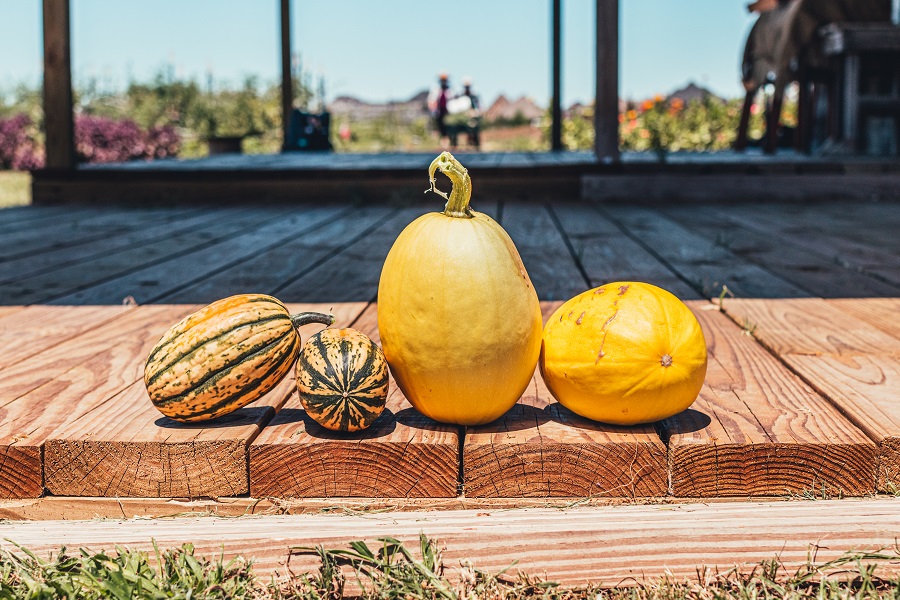
In Season at the Farm Stand: Amaranth Greens, Delicata Squashes, Spaghetti Squashes, Green Beans, Zucchini, Cousa Squash, Cucumbers (pickling & slicers), Tomatoes (slicers & cherries), Carrots, Beets, Scallions, Leeks, Bulb Onions, Collard Greens, Kale, Basil, and Flower Bouquets




